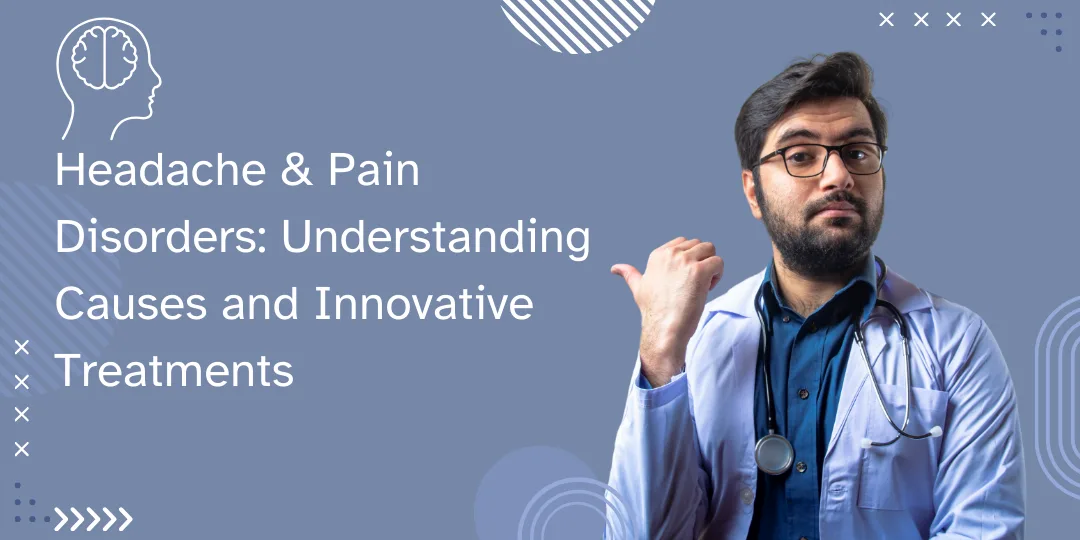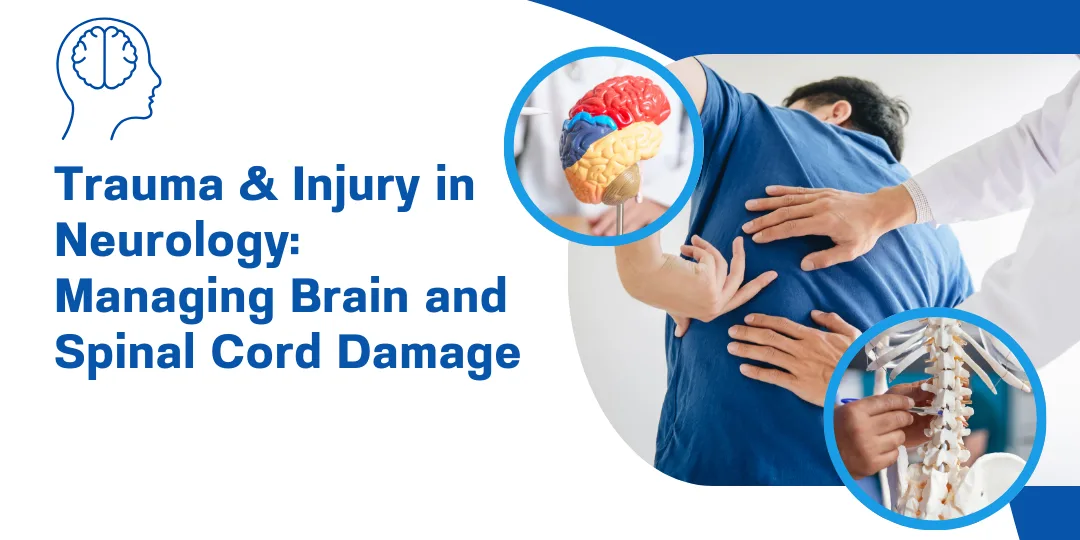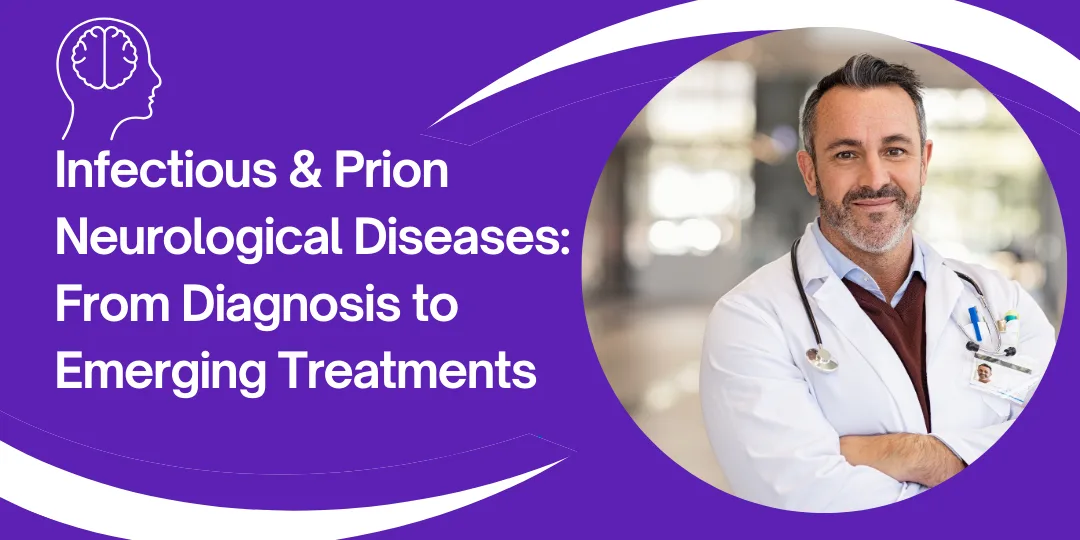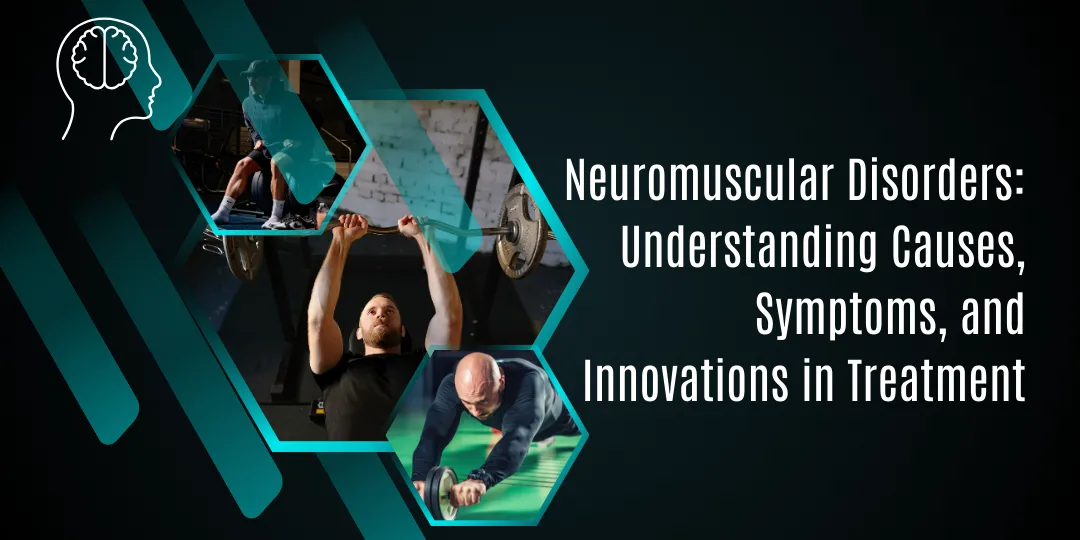Medical tourism—the practice of traveling abroad to undergo medical treatments or surgeries—has become increasingly popular over the years. Patients seek affordable, high-quality healthcare in countries known for specific procedures, often with reduced wait times and lower costs than in their home country. However, the big question remains: Is traveling for surgery safe?
The answer is yes—if the proper precautions are taken. And one of the most crucial elements in ensuring the safety of your medical trip is working with a qualified medical facilitator. Medical facilitators can bridge the gap between you and a foreign healthcare system, ensuring you receive safe, reliable treatment while navigating the complexities of traveling for surgery.
In this post, we’ll explore whether traveling for surgery is safe, the potential risks involved, and the vital role a medical facilitator can play in mitigating these risks to ensure a smooth, successful healthcare journey.
Is Traveling for Surgery Safe?
Traveling for surgery can be safe, provided the correct steps are followed. Here’s what you need to consider:
- Choosing a Reputable Destination
- Many countries are known for their expertise in certain medical fields. For example, Turkey and India are recognized for cosmetic surgeries, dental care, and bariatric procedures, while countries like Thailand and Mexico have long-established reputations in medical tourism.
- The key is to ensure that the country you’re visiting has reputable hospitals, experienced surgeons, and strict healthcare standards in place. It’s important to verify the hospital’s accreditation, which can ensure that the facility adheres to international safety standards.
- Selecting the Right Surgeon and Hospital
- Not all hospitals and surgeons in popular medical tourism destinations are equal. You must thoroughly vet the healthcare providers, their credentials, and their patient reviews.
- Look for surgeons who are members of professional organizations, such as the International Society of Aesthetic Plastic Surgery (ISAPS), and hospitals that are accredited by global healthcare organizations like the Joint Commission International (JCI).
- Understanding Pre- and Post-Surgical Care
- Surgical procedures, no matter where they are performed, require comprehensive pre-surgical consultations and diligent post-operative care.
- A quality hospital abroad should provide clear instructions on how to prepare for surgery, as well as ongoing care after the procedure to ensure recovery is smooth.
- Language Barriers and Cultural Differences
- Communication is vital during any medical treatment, but language barriers can complicate things when traveling abroad. Cultural differences in healthcare systems and practices can also make it difficult for patients to fully understand their treatment plans or to communicate concerns effectively.
- Risks of Complications and Infections
- While all surgeries carry risks, traveling for surgery may add additional challenges. You may face longer travel times during recovery, an increased risk of blood clots due to long flights, or potential complications once you return home and no longer have immediate access to your surgeon.
The Role of a Medical Facilitator: Why You Need One
A medical facilitator acts as your advocate and guide throughout the entire medical tourism process, helping to eliminate risks and ensuring your health and safety at every stage of your journey. Here are the vital roles a medical facilitator plays:
- Choosing Reputable Hospitals and Surgeons
One of the biggest risks in medical tourism is selecting the wrong healthcare provider. Medical facilitators have extensive networks of trusted hospitals and experienced surgeons. They will:
- Vet potential healthcare providers and ensure they are accredited by reputable organizations.
- Arrange consultations with highly qualified doctors who specialize in your specific treatment or surgery.
- Provide a list of verified medical professionals and help you choose the best one for your needs.
How This Ensures Safety:
Medical facilitators significantly reduce the risk of ending up with a less qualified surgeon or subpar facility. They know which hospitals have the latest technology, the highest safety standards, and experienced staff, so you can feel confident about the care you will receive.
- Streamlining Communication and Removing Language Barriers
Effective communication between you and your medical team is essential, especially when dealing with complex medical procedures. A medical facilitator:
- Acts as a translator and a liaison between you and the medical team, ensuring you fully understand your treatment options, the procedure itself, and all associated risks.
- Helps you navigate cultural differences in healthcare practices, making the experience more comfortable and less stressful.
How This Ensures Safety:
Without proper communication, misunderstandings about your procedure, aftercare instructions, or even medication could occur. A medical facilitator ensures that you understand every step, minimizing risks related to miscommunication.
- Arranging Safe and Comfortable Travel Plans
One often-overlooked aspect of medical tourism is the logistics of travel, especially during the post-surgery recovery phase. Medical facilitators will:
- Coordinate your travel and accommodations to ensure they align with your surgery dates and the time you need for recovery.
- Arrange for post-surgery transportation that accommodates your medical condition, such as wheelchair access or room for a caregiver if needed.
- Advise on the best travel times to minimize health risks, such as avoiding flights immediately after surgery, when you may be more susceptible to blood clots.
How This Ensures Safety:
Without proper travel planning, the physical strain of long flights or inadequate accommodations can increase the risk of post-surgical complications. Facilitators take care of all the logistics, ensuring your journey is as safe and comfortable as possible.
- Coordinating Pre- and Post-Surgical Care
A critical factor in the success of any surgery is how well it is managed before and after the procedure. Medical facilitators provide support by:
- Ensuring you have pre-operative consultations with your surgeon, which may include tests and assessments to make sure you are a good candidate for surgery.
- Coordinating your post-surgical follow-up care, either abroad or with a local healthcare provider once you return home.
- Arranging appointments with rehabilitation specialists or dietitians if your procedure requires it, such as bariatric surgery or orthopedic surgeries.
How This Ensures Safety:
Having a medical facilitator ensures that your healthcare is continuous, coordinated, and doesn’t end when you leave the hospital. They ensure that you have the necessary follow-up care to monitor for any complications and provide guidance on recovery.
- Navigating Medical Insurance and Legalities
Dealing with insurance claims, legal contracts, and understanding the liabilities involved with surgery in a foreign country can be confusing. Medical facilitators:
- Help you understand the legalities of receiving medical care abroad, ensuring that you are aware of your rights as a patient.
- Assist with arranging medical travel insurance that covers potential complications, cancellations, or emergency situations.
- Ensure that all legal documents, including consent forms and insurance policies, are in order and clearly explained.
How This Ensures Safety:
Without proper knowledge of the healthcare system and legal requirements in a foreign country, you may not be fully protected in the event of a medical complication. A facilitator ensures that all the necessary legal and insurance documents are in place, offering an extra layer of protection and peace of mind.
Top Tips for Ensuring Your Safety When Traveling for Surgery
- Do Your Research: While your medical facilitator will handle many aspects of your care, it’s important that you also take the time to research your procedure, destination, and surgeon. Make sure you understand the risks and benefits before committing to surgery abroad.
- Ask for Credentials: Always request to see the credentials of both your surgeon and the hospital, including any international accreditations they may have.
- Prepare for Your Recovery: Plan for post-surgery recovery, including arranging comfortable accommodations and minimizing travel during this time.
- Stay in Close Contact with Your Medical Facilitator: Keep open communication with your facilitator during your entire medical journey. They will serve as your main point of contact, ensuring everything runs smoothly.
- Follow Aftercare Instructions Closely: Proper aftercare is essential for a successful recovery. Follow your surgeon’s guidelines for diet, activity levels, and wound care.
Conclusion: The Importance of a Medical Facilitator in Medical Tourism
Traveling abroad for surgery can be a safe, effective way to receive high-quality healthcare at a fraction of the cost. However, the safety and success of your medical journey largely depend on working with an experienced and ethical medical facilitator.
A qualified facilitator will ensure you choose the right hospital and surgeon, streamline communication, manage all travel logistics, and coordinate pre- and post-operative care. With their expertise and guidance, you can focus on what matters most—your health and recovery.
Ready to explore your options for safe and affordable surgery abroad? Contact us today to start planning your healthcare journey with confidence!













0 Comments